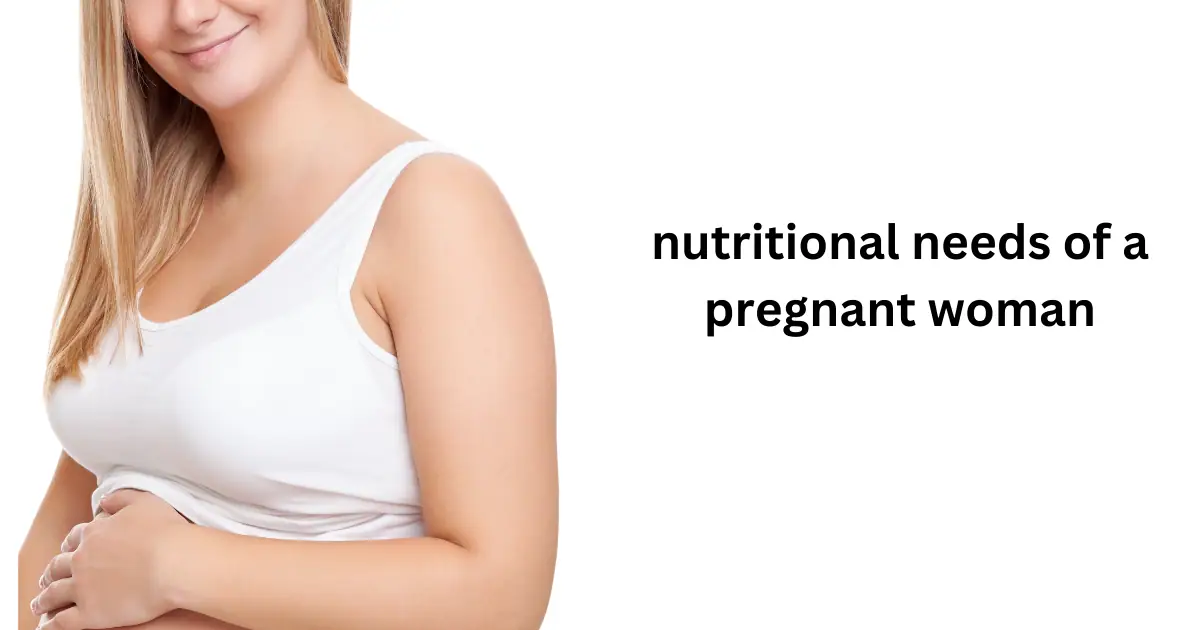Introduction
Good nutrition is important during pregnancy. With food quality being much more important than food quantity, A healthy diet will help your baby develop and grow and will keep you fit and well. You do not need a special diet, just a good variety of foods. Your baby depends on you for all its food from the moment it is conceived.
You certainly do not need to eat for two. Most women do not need extra calories if they are already on a balanced diet.
The most common cause of medical concern during pregnancy is excessive weight gain. This can lead to possible complications during pregnancy and may cause obesity after birth.
The best way to make sure you are getting enough calories is to monitor your weight gain. You can safely cut down on sugary foods like sweets, chocolates, aerated drinks, etc., which give you empty calories and may increase your weight.
You can also cut down on fatty foods such as fried items, cream, oil, etc. Take care of the amount of oil you use in your cooking.
Fresh fruits and vegetables are very important for minerals and vitamins. Try to eat a variety of both fruits and vegetables daily. Starchy foods, e.g., wholemeal bread, potatoes, rice, cereals, etc., contain fibre and other useful nutrients and should be included in your daily diet without fail.
You also need some protein foods, e.g., lean meat, poultry, fish, cheese, eggs, beans, lentils, nuts, soy, etc.
Milk is an excellent food during pregnancy since it contains the calcium needed for the baby’s bones. But it is also high in calories, and too much milk may lead to weight problems.
Plenty of fluid should be taken every 2.5 litters or more a day. Green leafy vegetables and liver are excellent sources of iron. Which is essential for proper blood formation.
High nutritional Need pregnancy Woman
Folic Acid (Folate)
Iron
Calcium
Protein
Omega-3 fatty acids
Vitamin D
Iodine
Vitamin B12
Vitamin C
Fluids
Nutritional Food Chart pregnancy Woman
Nutrient Food Sources
Folic Acid Leafy greens (spinach, kale), legumes (lentils, chickpeas), fortified grains (bread, cereal)
Iron Lean meats (beef, poultry), fish (salmon, tuna), beans and lentils, fortified cereals
Calcium Dairy products (milk, yogurt, cheese), fortified plant-based milk (soy, almond), leafy greens (collard greens, bok choy)
Protein Lean meats (chicken, turkey), fish and seafood, eggs, legumes (beans, lentils), nuts and seeds (almonds, chia seeds)
Omega-3 Fatty Acids Fatty fish (salmon, trout), flaxseeds, walnuts, chia seeds
Vitamin D Fatty fish (salmon, mackerel), fortified dairy products, fortified cereals, sunlight exposure (in moderation)
Vitamin B12 Meat (beef, poultry), fish, eggs, dairy products, fortified plant-based foods (nutritional yeast, fortified cereals)
Vitamin C Citrus fruits (oranges, grapefruits), berries (strawberries, blueberries), bell peppers, tomatoes
Fluids Water, herbal teas (avoid certain herbs, check with healthcare provider), fruit juices (in moderation, watch for added sugars)
Conclusion
The pregnancy woman can eat healthy and nutritional food then only baby can improves healthily. Fresh green leafy vegetables and fruits is necessary in daily diet plan, avoid some fruits like papaya etc. before taking diet consult doctor.
